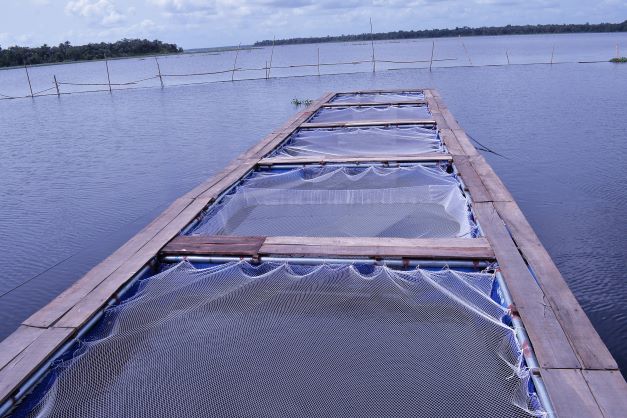The National Diploma (ND) in Oceanography and Fishery Science is aimed at producing diplomates with sound knowledge and skills to assist in the effective management of the ocean and its resources such as marine scientific research, oil and gas and other activities. It is also designed to produce technicians who will be able to apply modern skills to rear fish and other aquatic animals, participate in freshwater and marine fishing, process, store and market fish on a large scale for human consumption and other purposes.
On completion of this course, the ND diplomates should be able to:
- Carry out data collection using oceanographic instrumentation.
- Know the importance of oceanographic information to the marine-based industries and agencies.
- Understand the various laws protecting the oceans and their resources.
- Assist in the construction and operation of fish processing and preservation equipment.
- Assist in determining suitable environment, planning, layout, construction and development of fish ponds/farms.
- Construct, operate and maintain fishing gear and crafts (nets, traps, lines out-board engines etc.)
- Employ modern techniques in fish feed preparation, storage, utilization and general fish farm management.
- Acquire computer skills and entrepreneurial knowledge for the marine and fishery-related business.
ENTRY REQUIREMENTS
The academic requirements for admission into the ND Oceanography and Fishery Science programme are:
- Five (5) G.C.E. (0 level), WASSC, NECO or NABTEB subjects passed at not more than two sittings. The subjects must be passed at Credit level and should include English Language Mathematics, Geography and any two other subjects.
- Five credit passes in relevant subjects obtained at final examination of an NBTE recognized preliminary ND programme offered in a college of Agriculture or similar post-secondary technical institutions. Such students must have ‘O’ level WASSC, SSC, or GCE passes in Biology / Agricultural Science, Geography, Chemistry, Mathematics and English Language before undertaking the course.
CAREER PROSPECTS
The programme prepares students for careers in several areas that include:
- Oceanographic Instrumentation
- Aquaculture
- Marine Environmental Protection in establishments such as NIMASA
- Environmental Departments of Oil and Gas companies
- Oceanographic Institutes
- Fishing Vessels
- Fish Processing Industries
- Federal and State Ministries
- Pollution monitoring
- Coastal tourism
- Ecosystem restoration

